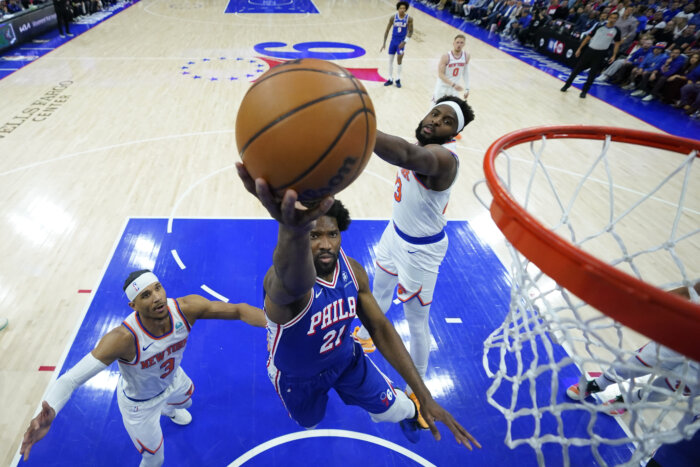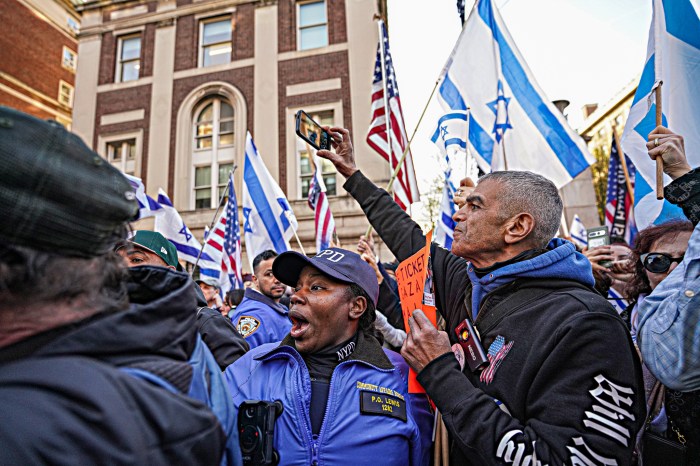As if teenage workers already didn’t face enough barriers — their
unemployment rate is more than double that for the rest of the country,
according to the U.S. Bureau of Labor Statistics — they may be
competing for jobs with people three times their age who have access to
more city resources.
The Mayor’s Commission on Aging is an administrator of the Title V
Senior Employment Program, which provides job search training to those
55 and older and places them in part-time subsidized positions in
nonprofits and public agencies to gain experience.
In stark contrast, the Youth Commission has set a “future objective”
to hold a job opportunities fair — its third since it was formed five
years ago.
The difference between the two agencies? About $1.4 million. The
Commission on Aging has an operating budget of $1.55 million per year,
while the Youth Commission is stuck with $94,080.
“The numbers reflect the need to invest more in the voice of young
people in the Philadelphia Youth Commission,” Councilman Kenyatta
Johnson said. “As a new councilman, I believe we need to make the Youth
Commission a priority in the budget.”
Mayor Michael Nutter’s deputy chief of staff Susan Biemiller said
that, in terms of city dollars, the two commissions actually receive a
comparable amount.
But the Commission on Aging is supplemented by a $1.5 million grant
from nonprofit the Philadelphia Corporation for Aging, which receives
proceeds from the state lottery.
“There is simply not a comparable program for the Youth Commission,”
Biemiller said. And one is not likely to materialize anytime soon —
the Youth Commission is also operating without an executive director
after the resignation of Jordan Harris late last year.
With only one full time employee and multiple unfilled commission seats, there is not enough manpower to make sure the office is
staffed full time, let alone to pursue available grant money, chair
Fernando Jones testified at a recent budget hearing.
Commission for older people older
Those under 18 make up 22.5 percent of Philadelphia’s population while those over 65 make up 12.1 percent, census figures show. But those age brackets don’t neatly overlap with the demographics of the Youth Commission, whose participants range from 12 to 23, or the Commission on Aging, which serves seniors 55 and over through many of its programs.
“The Commission on Aging has been in place for quite some time and
has built up an advocacy base, while the Youth Commission is relatively
new,” said City Council President Darrell Clarke, offering one explanation for the funding discrepancy. “I guess the issue is on the older side, income is capped and opportunities are somewhat capped as opposed to younger people, who have more opportunities to make income.”
But Deputy Managing Director for Aging Lydia Hernandez-Velez was eager to refute the second part of that comment at a recent budget hearing. “That’s part of the mythology about our senior population,” she said. “Many people do want a second career and so many of our seniors in employment services go on to take a job. … There are what senior center directors call ‘young seniors’ – the centers are thinking of renaming themselves something else so it doesn’t seem like a senior center.”




























